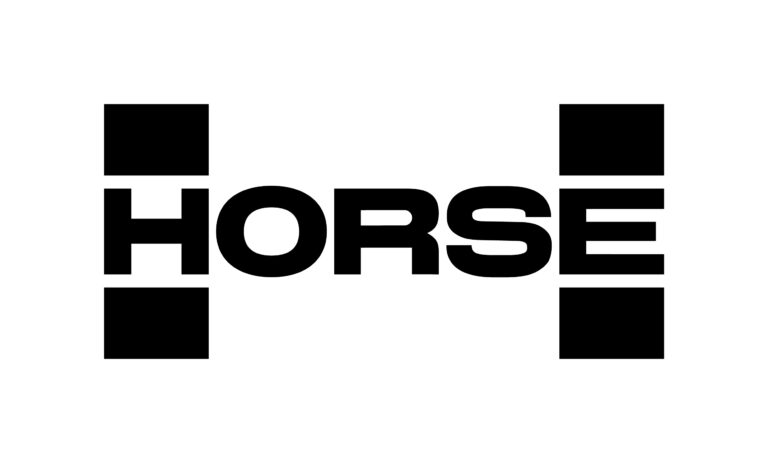Horse has collaborated with Portugal’s Centre of Engineering and Product Development (CEiiA) to design and develop a new transmission technology for light vehicles.
The new ‘reducer’ transmission is the first of a new generation of technologies designed, developed and built in-house by Horse. The company will deliver the initial prototypes from its Aveiro production facility. Each of the units will be fitted to an L7e-class microcar – a light vehicle designed for mobility services to accelerate carbon neutrality in cities.
CEiiA’s new light vehicle project is a part of the organization’s ongoing mission to develop and scale new products to enable carbon-neutral mobility. The vehicle follows previous micromobility projects, such as the Buddy in 2008 and the Toyota APM presented at the 2024 Paris Olympics.
Full-scale production of the new transmission component could start by the second half of 2025, with as many as 20,000 units planned to be delivered from the Portugal plant. Plans are for integration of the gearbox into the light vehicle design, with performance testing by December 2025.
Patrice Haettel, chief executive at Horse, said, “There is no single solution to solving the global challenges of decarbonization or urban mobility, and we see this technology as one of the many in-house products that help to answer these challenges. Together, Horse and CEiiA are making an important contribution to the overall challenge of delivering affordable and sustainable urban mobility at scale.”
The L7e is designed for use in dense urban areas. The first public trial of the new vehicle will take place in several cities in Portugal. Following the targeted approval date of the second half of 2025, it will offer an accessible transit solution across cities. This initiative aims to be a model for other cities around the world, with CEiiA planning to scale the vehicle for mass use in the coming years.


